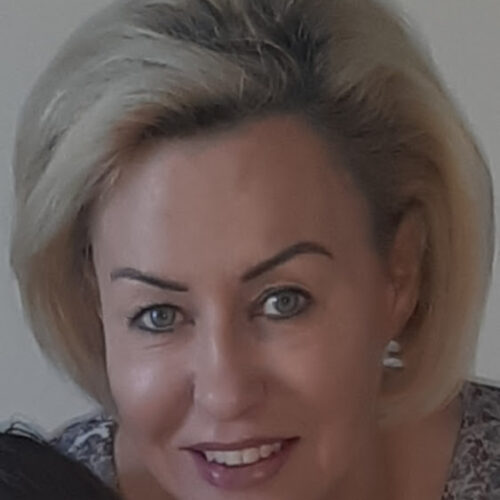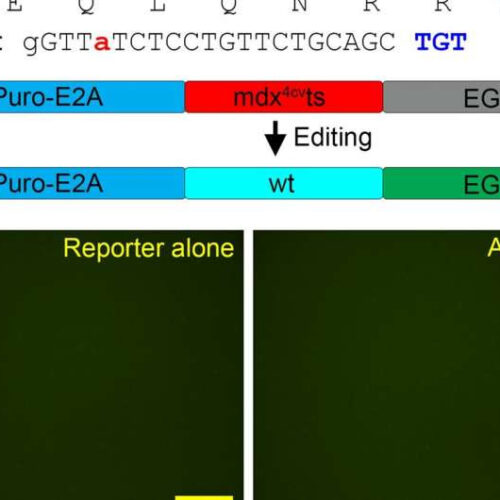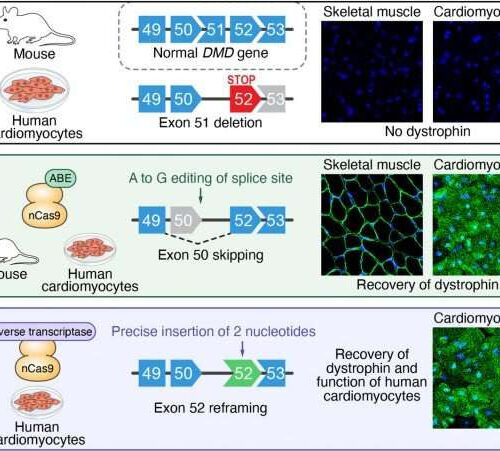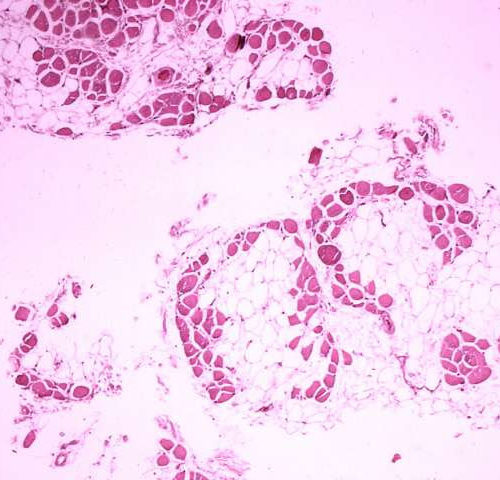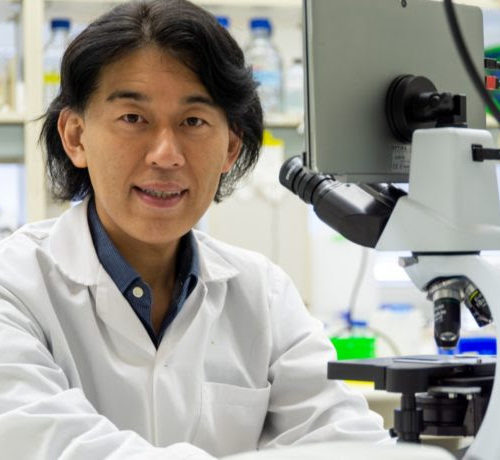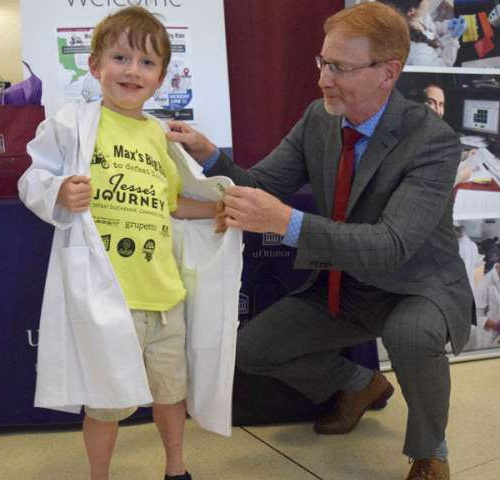by Marla Paul, Northwestern University Elizabeth McNally, MD, PhD, director of the Center for Genetic Medicine and the Elizabeth J. Ward Professor of Genetic Medicine, was the senior author of the study. Credit: Northwestern University Northwestern Medicine scientists have developed an antibody that they believe can be used to treat muscular dystrophy, findings that were published...
Tag: <span>muscular dystrophy</span>
Stem cell treatments alleviate muscular dystrophy symptoms in compassionate-use study
ALPHAMED PRESS IMAGE: BEATA Ś WIą TKOWSKA-FLIS, M.D., PH.D., NEUROLOGIST, UNIT HEAD AT KMC’S POLISH CENTER FOR CELL THERAPIES AND IMMUNOTHERAPY AND STUDY LEADER. CREDIT: ALPHAMED PRESS Durham, NC – Results of a compassionate-use study released in STEM CELLS Translational Medicine show promising results for treating muscular dystrophies with mesenchymal stem cells (MSCs) derived from Wharton’s jelly...
Researchers use gene editing to tackle facioscapulohumeral muscular dystrophy
by Florida State University A diagram showing the muscles commonly involved in FSHD. Muscles most frequently involved are shown in pale purple and those with later involvement are shown in blue. Pathomechanisms and biomarkers in facioscapulohumeral muscular dystrophy: roles of DUX4 and PAX7. EMBO Mol Med (2021)e13695. Credit: Christopher R S Banerji Peter S Zammit, edited...
Novel gene editing in mice shows promise in treating Duchenne muscular dystrophy
by Amy Colgan, The Ohio State University Fig. 1: In vitro studies of mdx4cv mutation correction using ABE-NG. From: Efficient precise in vivo base editing in adult dystrophic mice a Genomic DNA, encoded amino acids and guide RNA with PAM (highlighted in blue) sequences at the stop codon mutation site (red). b The reporter construct contains...
Examination of an Estonian patient helped discover a new form of muscular dystrophy
ESTONIAN RESEARCH COUNCIL IMAGE: PROFESSOR OF CLINICAL GENETICS OF THE UNIVERSITY OF TARTU KATRIN ÕUNAP. CREDIT: UNIVERSITY OF TARTU In about a quarter of patients with hereditary diseases, the cause of the disease remains unclear even after extensive genetic testing. One reason is that we still do not know enough about the function of many genes. Of...
New gene editing strategies developed for Duchenne muscular dystrophy
by UT Southwestern Medical Center In a mouse model and in human heart muscle cells, researchers used gene editing to modify specific DNA sequences and restore dystrophin production in mutant dystrophin genes. Credit: UT Southwestern Medical Center UT Southwestern scientists successfully employed a new type of gene therapy to treat mice with Duchenne muscular dystrophy (DMD),...
Digging deep for differences in Duchenne muscular dystrophy
by UT Southwestern Medical Center Histopathology of gastrocnemius muscle from patient who died of pseudohypertrophic muscular dystrophy, Duchenne type. Cross section of muscle shows extensive replacement of muscle fibers by adipose cells. Credit: Public Domain A UT Southwestern research team has cataloged gene activity in the skeletal muscle of mice, comparing healthy animals to those carrying a genetic...
FDA approves new drug to treat common form of muscular dystrophy
Created using synthetic DNA, viltolarsen is an excellent example of precision medicine. A University of Alberta researcher’s past work has led to a new drug being approved for use in the United States to treat patients suffering from Duchenne muscular dystrophy (DMD). The drug, viltolarsen, was approved for use in Japan earlier this year and...
Poor fitness and obesity in adolescence linked to later chronic disease
Adolescents who have poor cardiorespiratory fitness or are obese have an increased risk of developing cardiovascular disease later in life, serious enough to qualify them for disability pension due to a chronically reduced work capacity. The findings also suggest that a small improvement in fitness is associated with a lower risk. “In the study, we...
Substituting the next-best protein
by Jessica Sinclair, University of Ottawa When an actor is unable to perform in the theatre, an understudy—ideally one with some practice in the role—can take her place on stage. A study from Dr. Bernard Jasmin’s laboratory at the University of Ottawa and published today in Nature Communications shows that the same is true of...


